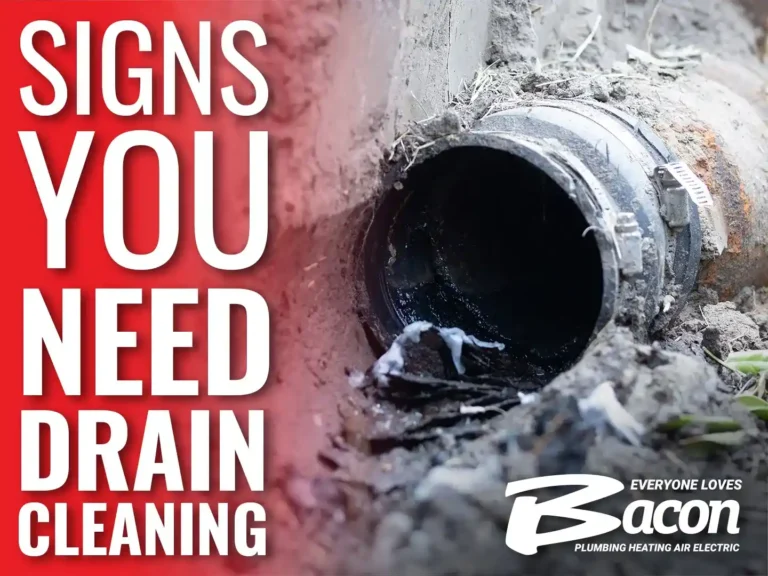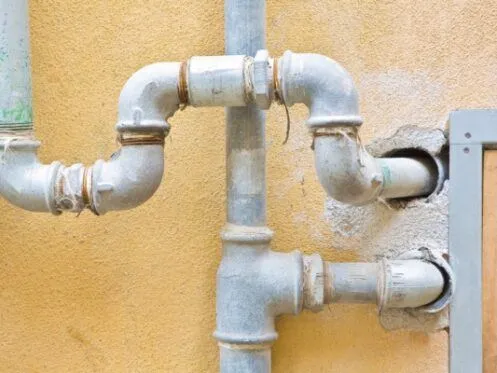We’d like to think that whatever we put down our drains is out of sight, therefore, out of mind. Only when you notice something’s wrong that you realize this isn’t the case.
If you have a large family with four people or more, every person can be using a drain at any given time. One person might be running the kitchen’s disposal, another might be showering, and still, another might be washing their hands. After all, that’s why we need drains.
All our waste either goes down a drain or into the trash and recycling. When it comes to your drains, wastewater can be washed down sinks while waste and toilet paper can be flushed down your toilet.
However, certain things don’t belong in your drains. Your plumbing will tell you if something is down there that shouldn’t be. So, what is the cause of that smelly drain?
Dried Out P-Trap
Plumbing systems have certain features to accommodate the waste that flows through your pipes every day. You’ll notice one such feature under your sink where the piping starts to curve. This design is called a p-trap. The p-trap keeps sewage gasses, which would normally rise, from wafting into your home.
If you haven’t turned the faucet on in a while, it’s a good idea to run it at least once a month. Without running water, the water in the p-trap will evaporate, leaving gasses from the sewer line to flow back through your drains.
Debris Build Up
Minor clogs are another cause of drain odors. Hair, soap scum, toothpaste, and more can get stuck to the walls of your drain. In your kitchen, your garbage disposal can get clogged with fibrous foods such as vegetable peels and even grease. Bacteria will cling to these clogs and stink up your drains.
Clogged Venting Pipes
We can’t get enough useful plumbing designs, and venting pipes are definitely on the list. These pipes allow the gas from sewage to vent upwards outside of the home rather than back out your drains. When one of these pipes gets clogged, the gas will have nowhere else to go other than to your indoor spaces.
Sulfate Bacteria
Your water supply contains non-harmful amounts of sulfur. The sulfur is only noticeable when sulfur-reducing bacteria enter the system through the water heater and react with the sulfur. You will notice a distinct rotten egg smell if this happens.
If you can tell the smell is coming from your water, the best thing to do is turn up your water heater’s temperature to kill off the bacteria.
Most clogs can be taken care of at home or by a professional, depending on how deep the clog is. The only way to be sure that there isn’t a fractured pipe somewhere in your system is to call Bacon Plumbing Heating Air Electric for our first-rate inspection services. There isn’t a plumbing issue we can’t solve for you.



